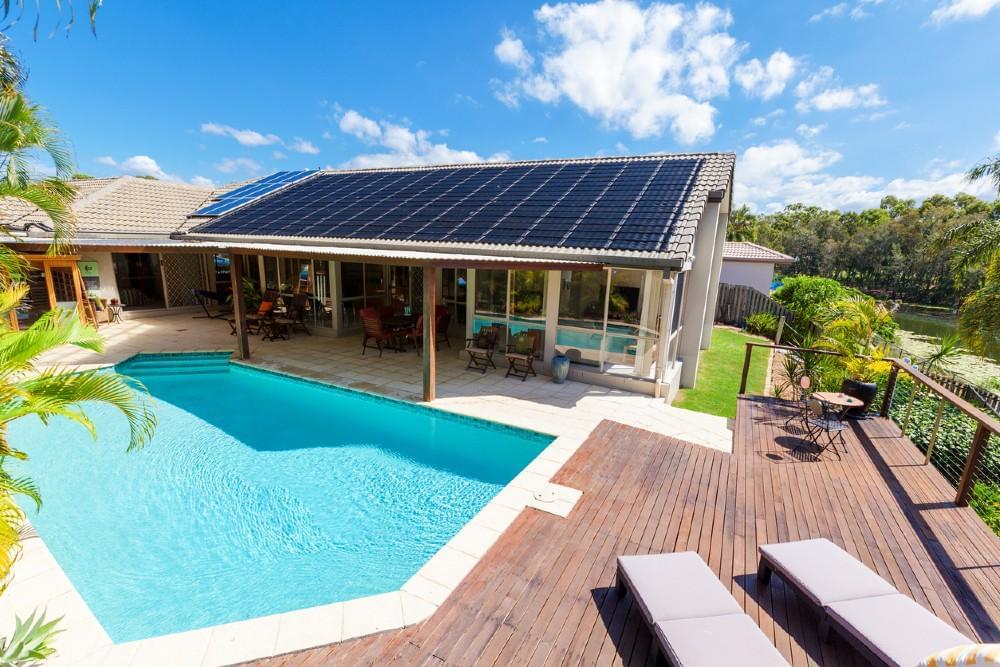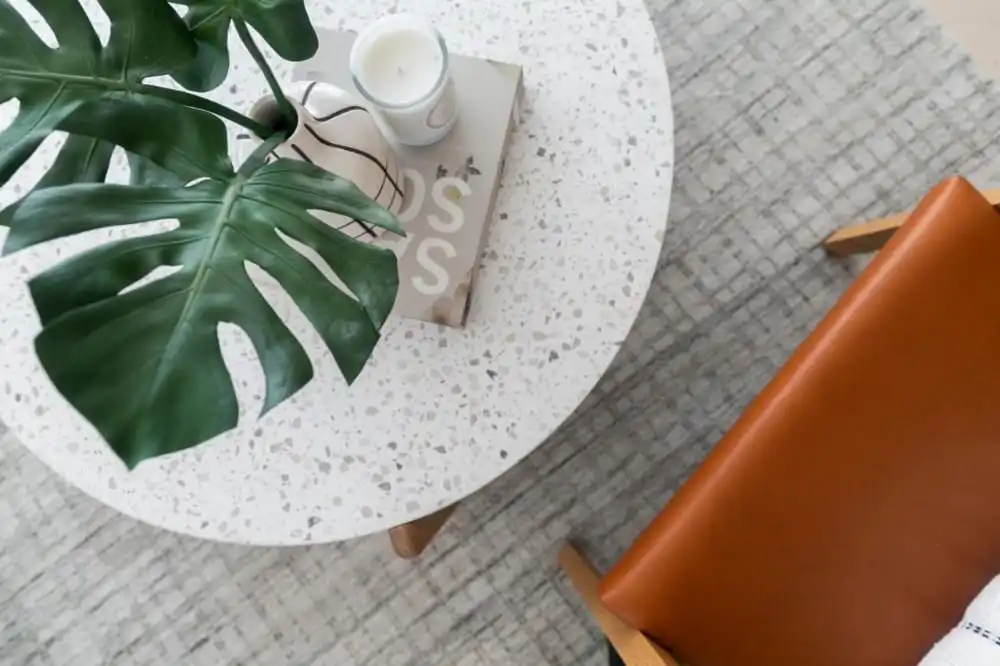Does solar power add value to a home?
Are you interested in investing in renewables for your property but are unsure whether you are making a sound choice?
You may be considering ways to add value to your home prior to selling, or are looking to add a new feature to an investment to ensure that your property stands out to prospective renters.
With the current emphasis on renewable energy and the abundance of sunny days we have in Australia, solar panels seem an obvious choice. Investing in renewable energy is a hot topic globally and is on the minds of many Australians. In addition, there is a strong public awareness of solar power and how solar panels work, which works in your favour when leveraging the feature as a selling point of your property.
For a prospective buyer looking to reduce their environmental impact and electricity costs, purchasing a property which already has solar panels installed can be an attractive concept.
Understanding how solar works
Solar panels work by capturing sunlight and converting it into Direct Current electricity. It is then transformed by a solar invertor into Alternative Current electricity which powers the home instantly. This means that the electricity you generate can only be used when the solar panels are receiving sunlight. During the day any excess electricity you generate is sent to the national grid. This electricity is measured by a digital meter in your home so that your electricity provider can credit your next bill.
It is possible to store the electricity generated by your solar panels in a battery for later use, however, this is at an additional cost and batteries vary greatly in price and quality.

How much do solar panels cost?
By now you might be wondering how much the initial outlay for solar panels will cost, and whether it is worth the return on investment.
According to Choice, the average costs of solar panel installation in Australia is around $5,000 depending on the size, materials, and installer fees. This is a smaller upfront cost than adding value by renovating a kitchen or bathroom, with the average kitchen remodelling costing around $15K.
According to a 2018 survey, 77% of Australians think that solar panels add value to a property.
According to a survey of 1,000 people by Origin Energy in 2018, 77% of Australians think that solar panels add value to a property, with 57% responding that they would pay up to $10,000 more for a home with solar energy installed. In addition, 55% of renters who responded to the survey stated that they would pay at least $10 more a week for a property with solar panels.
Taking advantage of any government rebates that are available for solar panel installation in your area will further increase this return on investment.
Why quality matters
The value added to your home can depend on the quality and number of panels installed. There are different types of materials available on the market, and taking into consideration quality when making this investment is important. An astute buyer will be asking these questions if they are taking into account the value of the solar panels when making an offer on your property.
When deciding which type of solar panels to install you should consider:
- Wattage capacity
- Size of the panels
- Durability of materials
- Quality
- Positioning
- Efficiency of the invertor
- Reputation of the provider
The amount and size of panels you need will depend on your property's size. For instance, if your property is a four bedroom house which is likely to be occupied by an established family, the panels and wattage capacity will need to accommodate a higher overall energy usage than for a couple or single living in a one bedroom town house.
You may also want to consider whether the solar panels you choose are suitable for the environment your home is situated in. Ensuring that the panels are placed appropriately to maximise their ability to capture solar energy is the first step in ensuring their efficiency. There would be no sense in opting to install solar panels to the side of the house that receives the least sunlight throughout the day, or installing them if your property receives very little sunlight overall.
If you are not intending to sell straight away, but are considering whether installing solar panels would improve the long term value of your home you will need to check that the panels you purchase are going to last the distance. Top tier solar panels typically have a manufacturer’s warranty of 25+ years. Maximising this lifespan can be achieved by ensuring that they are adequality maintained.
According to the Australian Government Clean Energy Regulator, regular maintenance is important to ensure the long term durability of solar panels, as debris and dust can build up over time reducing their efficiency.
Read: 5 things you can do for a more sustainable home
Leverage solar power to your buyer
Ensuring that the advertisement for your property is appropriately describing the advantages of the solar panels is the first step to maximising the return on your investment. In order to do this, it is important to showcase the cost saving aspect.
Many purchasers looking for an owner-occupier property intend to install solar panels themselves to save on overall energy bills and contribute to the renewable energy market. Having solar panels can reduce your energy bills to as little as $30 a month according to one user.
Small changes to your electricity use routine can assist you to use the solar power you generate more efficiently. For example, putting the washing machine, dishwasher or dryer on during the daytime rather than the night can ensure that the energy that you are using is coming from the solar panels on your roof, rather than electricity purchased from the network.
Whether you are thinking of selling your property in the near future, or looking to add value over time, solar panels could be a good option. Talking to your real estate agent prior to making the decision will give you a good idea of whether the addition will help your property stand out amongst the rest in the market and increase the saleable value of your home.





